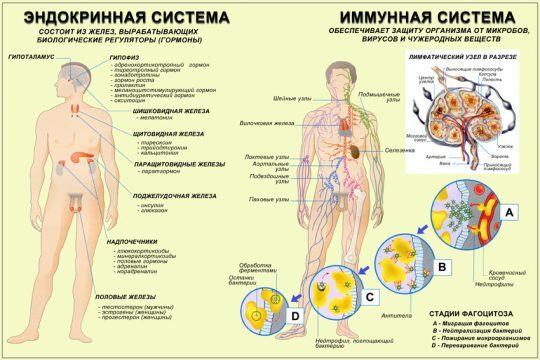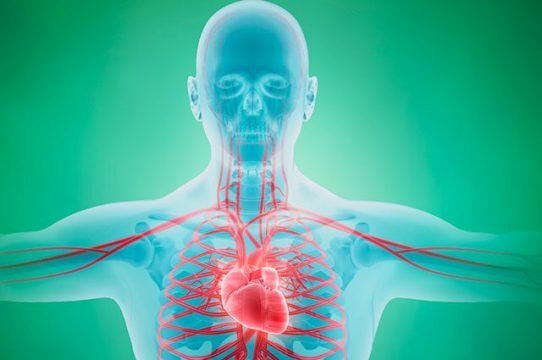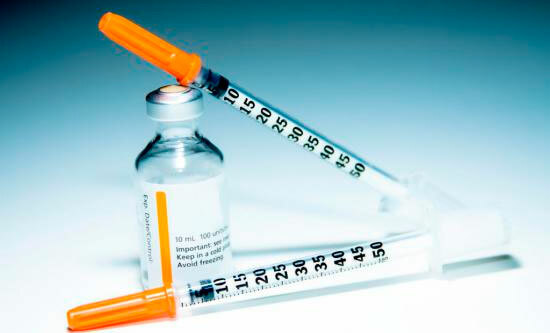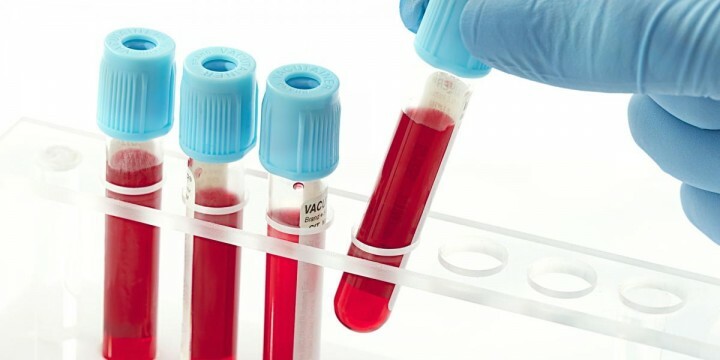Insulin is one of the most important hormones that regulate the functioning of many systems in the body. In particular, it is responsible for the normalization of glucose delivery. Insulin is produced by the pancreas, which means that its healthy state is the guarantor of the proper functioning of the hormone.
Regulation of the body

The introduction of glucose into the body stimulates the development of regulators that reduce anxiety, a sense of fear. Such compounds are called transmitters, causing a sense of security and peace. If a person for some reason is prescribed a diet with a low carbohydrate content, the picture of the treatment is characterized by a decline in strength, apathy, anxiety.
Insulin acts as an activator. It activates the transport of glucose from the blood into the cells. Transport is performed by proteins contained in cells. They move from the inside to the outer shell of the cell, take up glucose and pass inside for combustion.
The difference between insulin indices and normal ones indicates that there are violations in the carbohydrate balance, which means that there are more serious problems in the functioning of the body systems. Insulin work is assessed by measuring the amount of sugar in the blood. If the value exceeds the norm - the hormone does not cope with its work, it is not produced in sufficient quantity.
In some situations, fluctuations in the amount of insulin occur even in a healthy person. This is associated with stress, shocks, poisoning or intoxication. For this reason, many feel the need to "seize" the stress of sweet foods. However, with such conditions the body cope on its own and over time the level of hormone production comes back to normal.
Functions of insulin
The substance performs several functions vital for regulating processes at the cellular level. First of all, insulin promotes glucose uptake by cells, increases synthesis of glycogen.
Anabolic functions of the hormone include increased ion transport, amino acid delivery to cells, increased DNA replication, protein synthesis, and fatty acids. At the same time, insulin reduces the intake of proteins and fatty acids into the blood.

These processes at the cellular level are responsible for the course of many states of the human body. However, regulation is carried out at the expense of microquantities, excess will lead to violations, and progressive violations can lead to death.
In some sports, insulin is taken specifically to reduce the amount of glucose in the blood. Since the processing of sugar is performed by the body in the first place, and only then - processing and burning of fatty deposits, a method was found to accelerate this process. An athlete takes insulin, which utilizes sugars, and fat burning occurs much faster.
It should be noted that similar experiments with metabolism often end badly. In 75% of cases, improper use of the hormone led to the development of a coma, and in the future - the loss of full physical abilities due to disruption of work in certain parts of the brain.
Symptoms of an excess of the hormone
If the amount of the hormone does not return to normal after stressful conditions or the transfer of other factors causing it to increase, this indicates an abnormality in the body that requires immediate detection.
If you inject insulin to a person who does not have such abnormalities and does not suffer from diabetes, the drug is regarded by the body as a poison and is rejected. A sharp increase in the amount of the hormone leads to the fact that all glucose is excreted from the blood, causing the development of hypoglycemia - a critically low level of sugar in the blood.
If a healthy body receives a dose of insulin from the outside, there are:
- sharp rise in blood pressure,
- tremor,
- headache,
- nervousness,
- nausea,
- pupil increase,
- coordination problems.
Critical doses of

There is a common misconception that if you enter even a minimal amount of insulin, a person who does not have diabetes immediately develops a coma. This is not true. There are specific dosages that can cause the development of hypoglycemia, coma and death.
The minimum lethal dose is 100 units - the total insulin syringe content. In some cases, a person remains alive, even if this dose is exceeded thirty times. This suggests that a significant overdose leaves a chance to call an ambulance before a faint occurs. The coma will develop within 3-4 hours and the reaction can be stopped if the supply of sugar into the blood is provided as soon as possible.
Coma development
If the dose of the hormone is exceeded many times, the blood glucose level drops to 2.75 mmol / L below, the development of coma begins. Since glucose is present in the body as an energy source for the brain, the work of its departments is disrupted if the supply slows down or stops altogether. First, the cerebral cortex is affected, then the subcortex, the cerebellum and the medulla oblongata. Lack of glucose leads to oxygen starvation of the central nervous system, and the picture is observed even if the blood is fully supplied with oxygen.
As a result of a lack of energy in the cells, nervousness, dizziness, uncontrolled movements and speech are observed. With progressive fasting, convulsions, tremor of extremities, inhibition of reflexes, tachycardia begin to develop.
At the third stage of coma development, morphological changes occur, leading to the withering away or edema of the brain. Violated vascular tone and slowed blood flow, which leads to the formation of blood clots with complications.
Symptoms of coma
- At the first stage the mood changes sharply, excessive excitability or a state of depression, inhibition manifests itself. There is a feeling of anxiety, fear, hunger, there is perspiration.
- In the second stage, there is pronounced sweating, inadequate behavior and speech, nervous tics on the facial muscles, agitated, abrupt movements.
- In the third stage, the pupils are significantly dilated, the muscle tone is increased, which leads to convulsions, a sharp increase in blood pressure. A person's condition can resemble an epileptic fit.
- At the last stage, the blood pressure drops sharply, the coma becomes worse, muscle tone decreases. The limbs move randomly, the palpitation is unstable, sweating ends.
Symptoms of coma, even with immediate relief, can suffer both early and prolonged consequences. The fastest include myocardial infarction, impaired blood flow to the brain. Prolonged consequences can appear even after a few months in the development of parkinsonism, epilepsy, progressive hypoglycemia.



